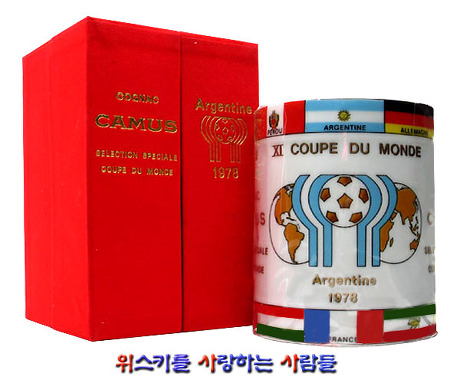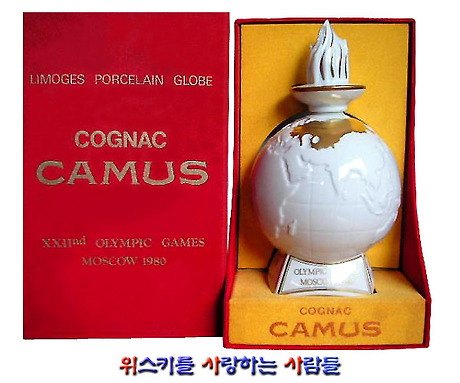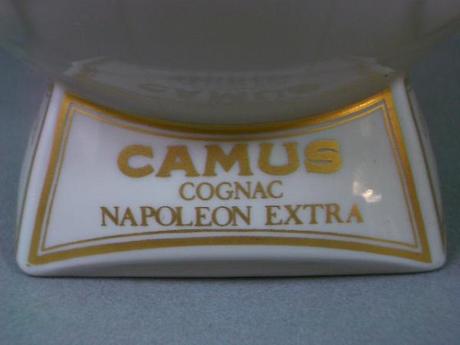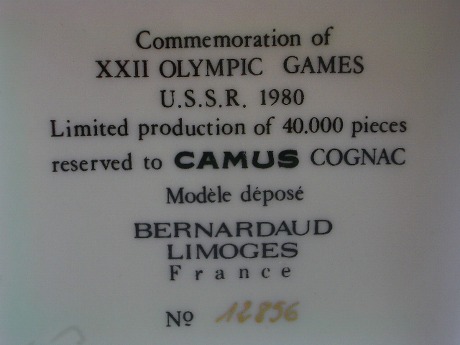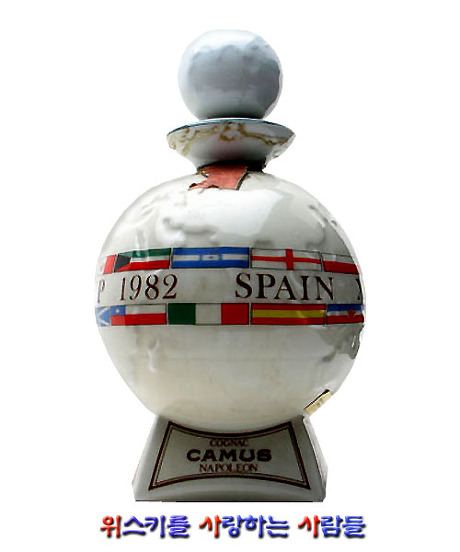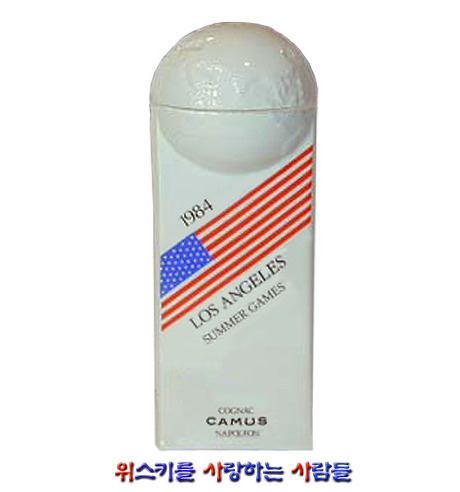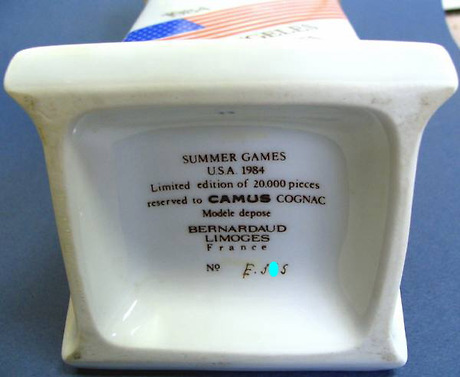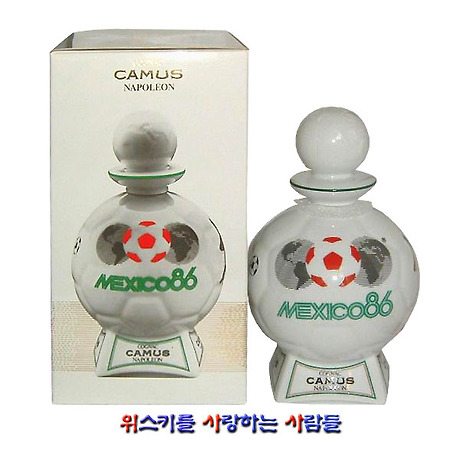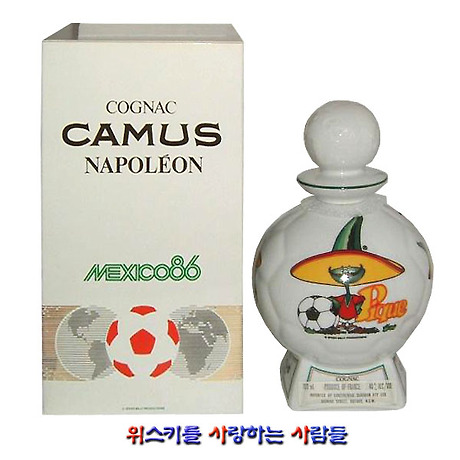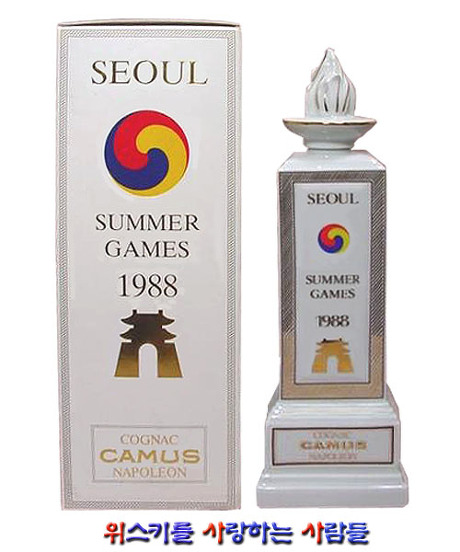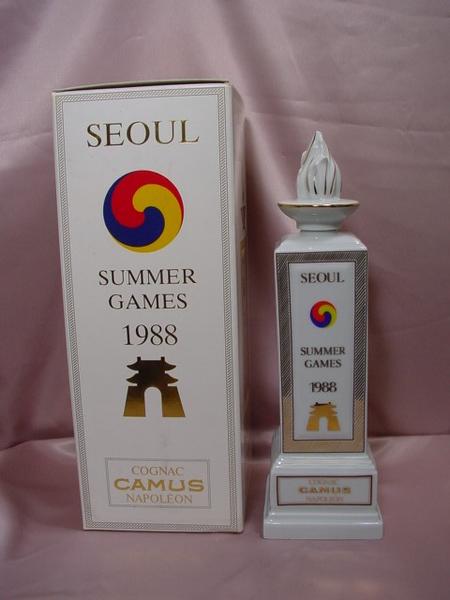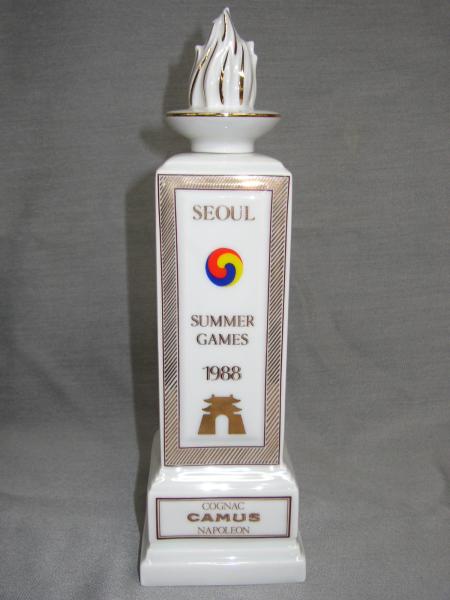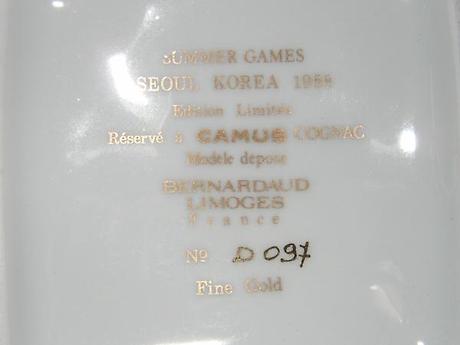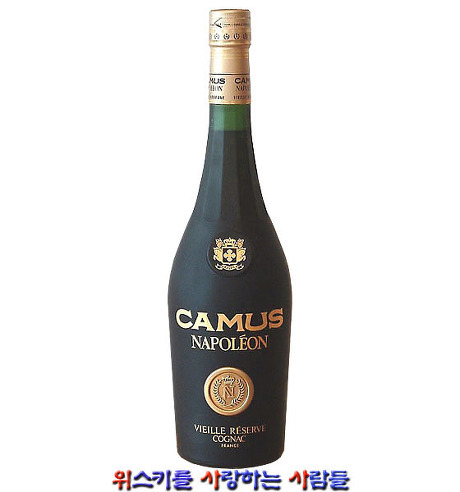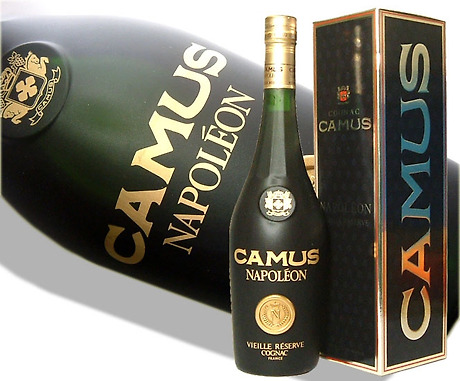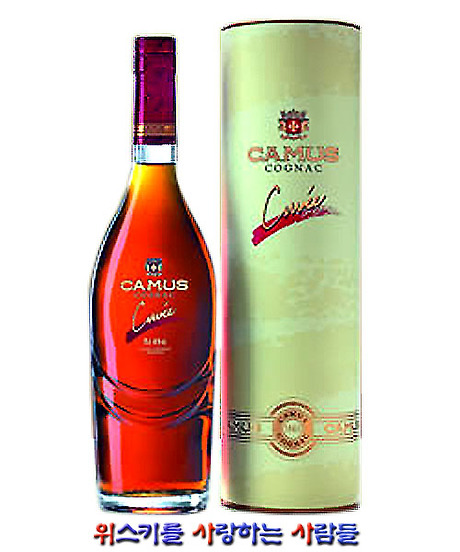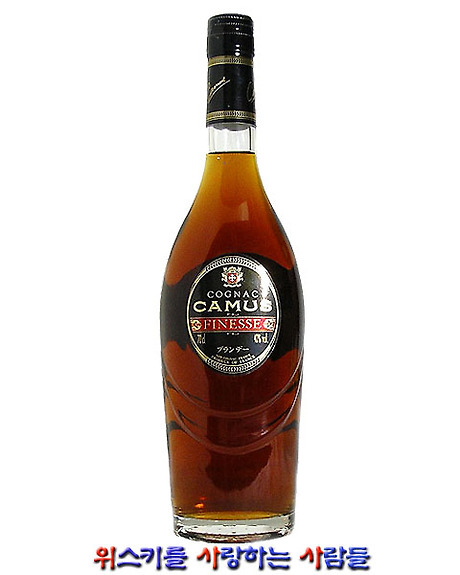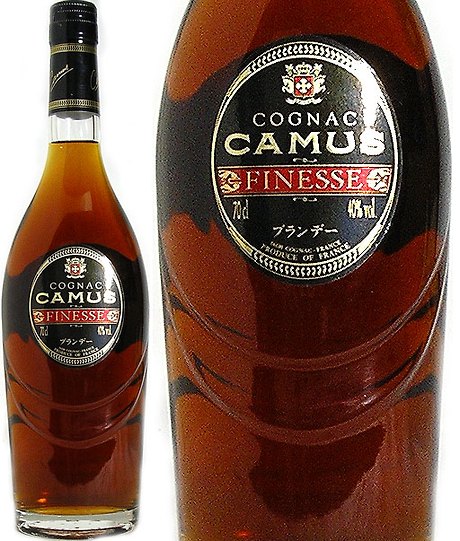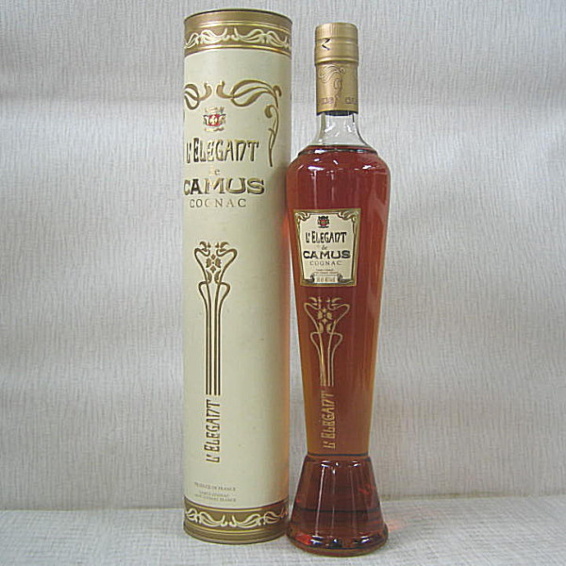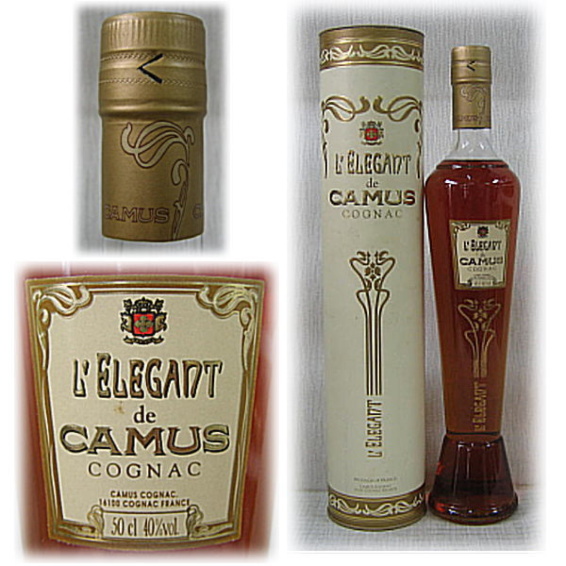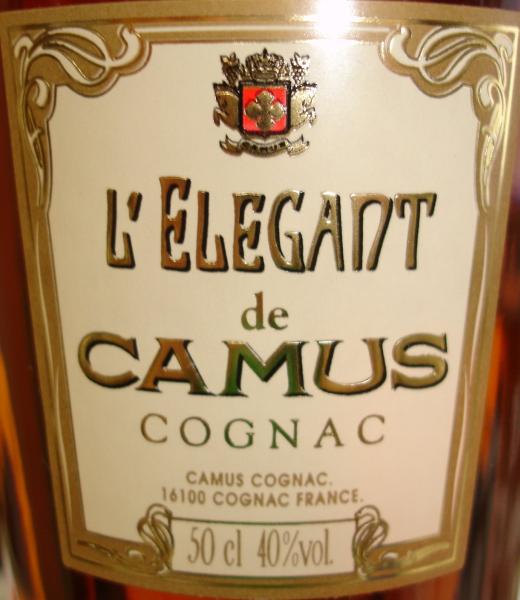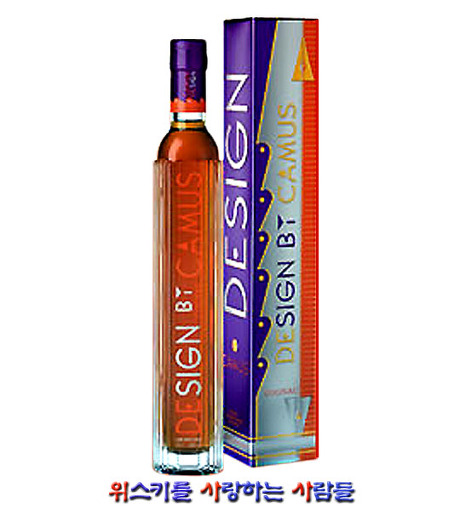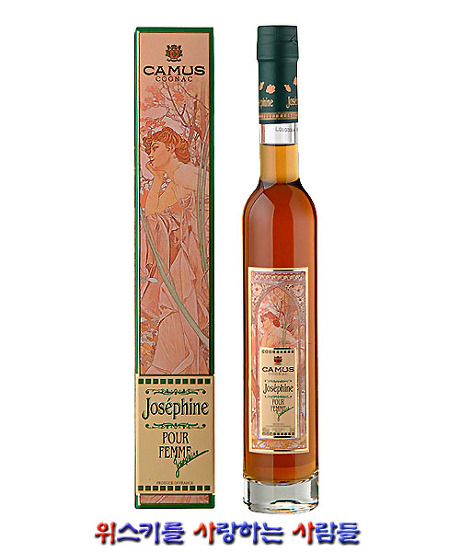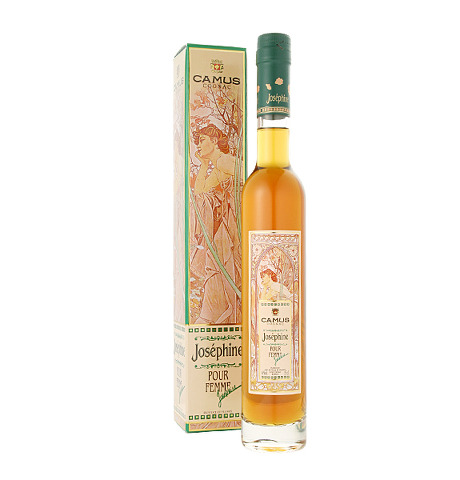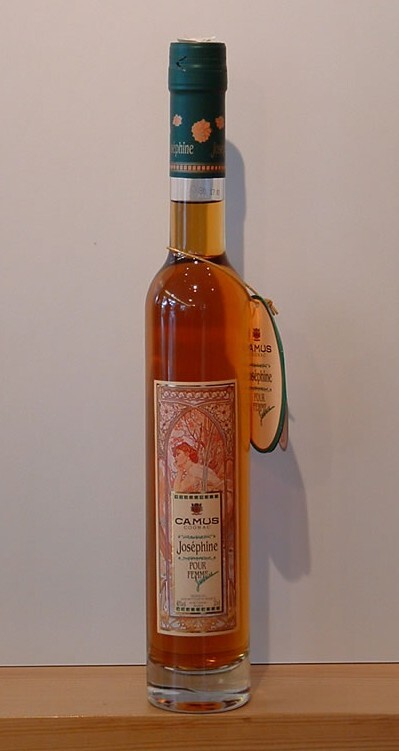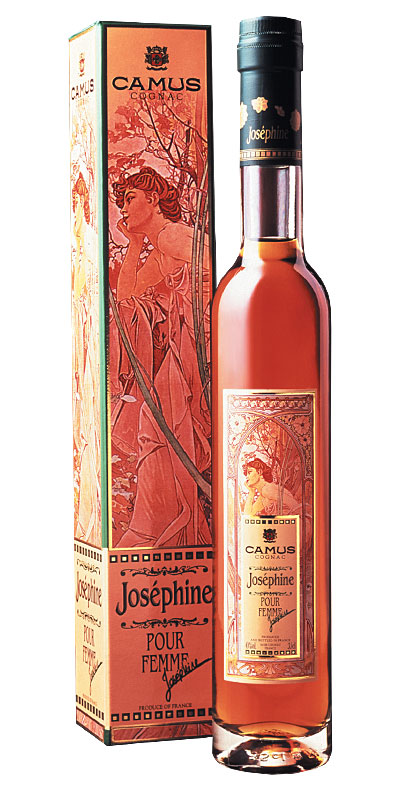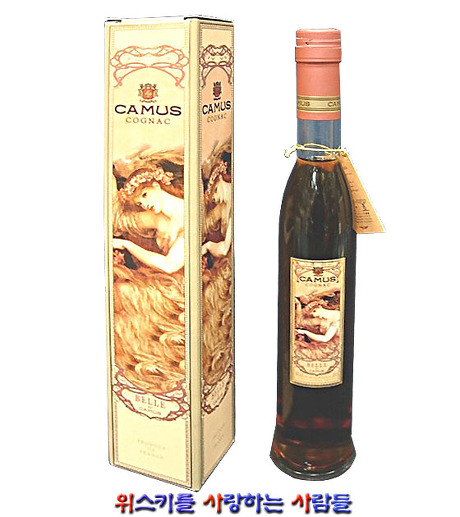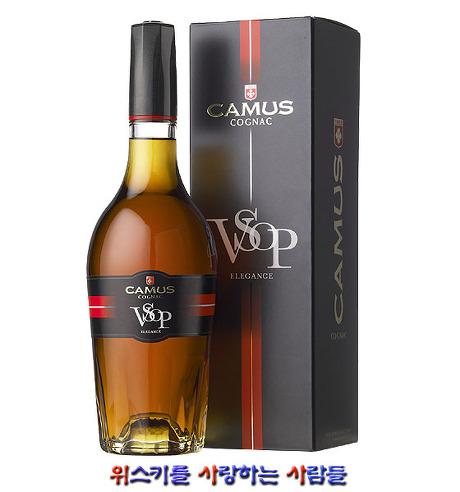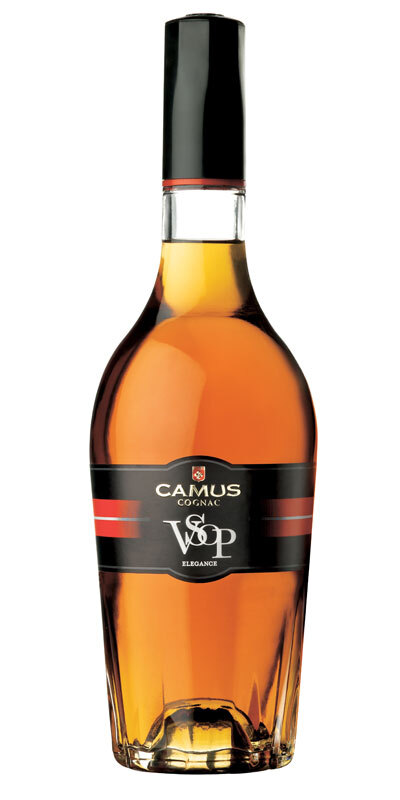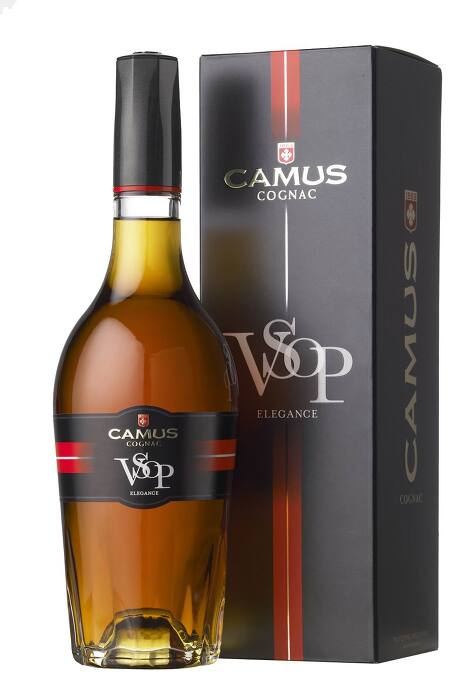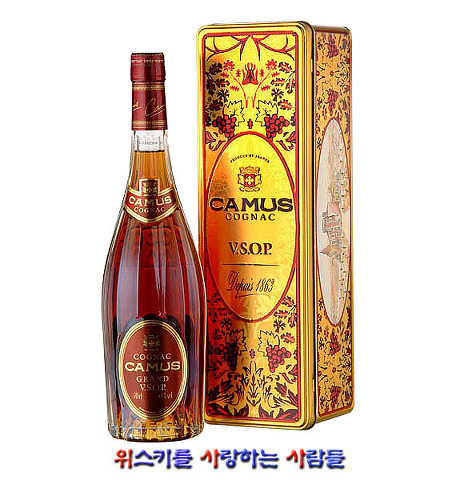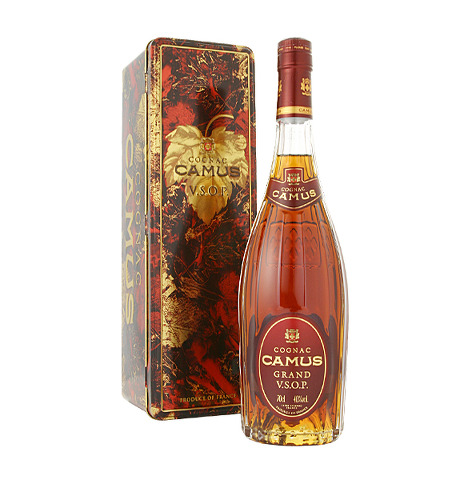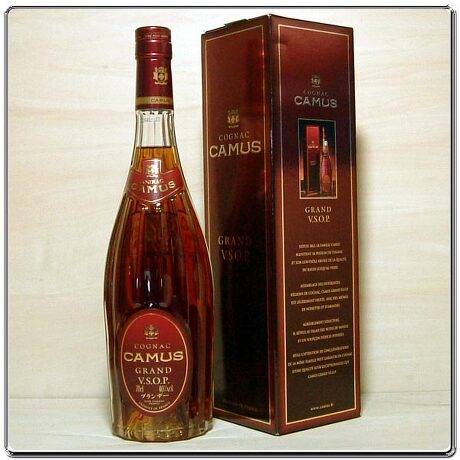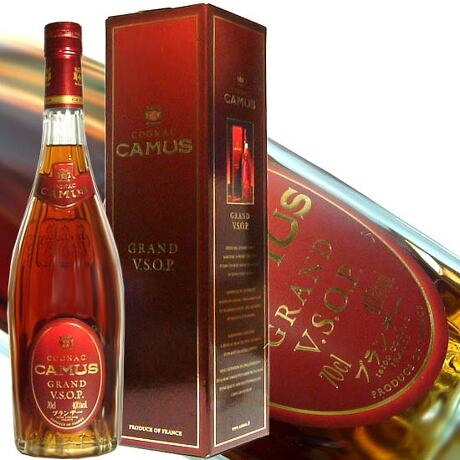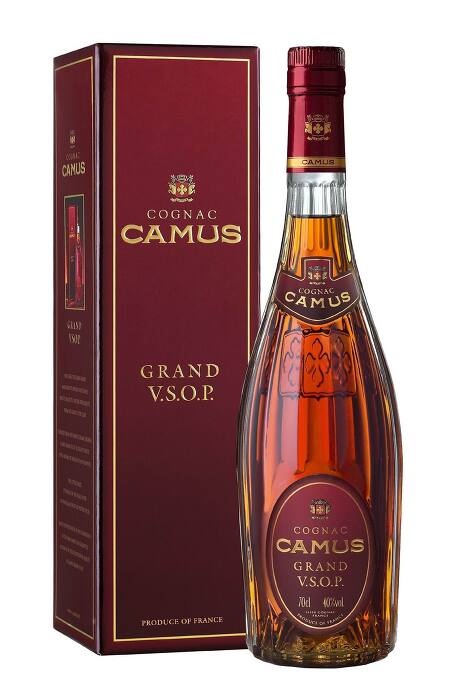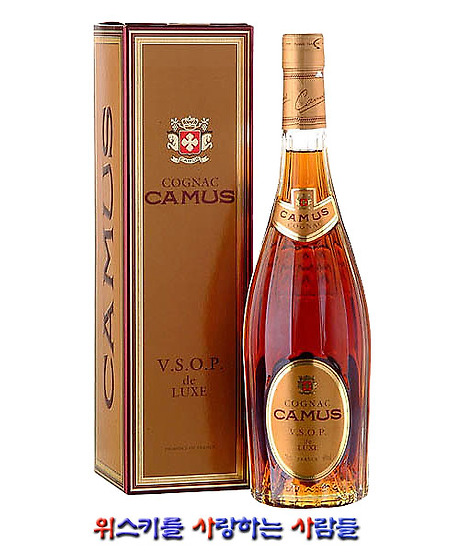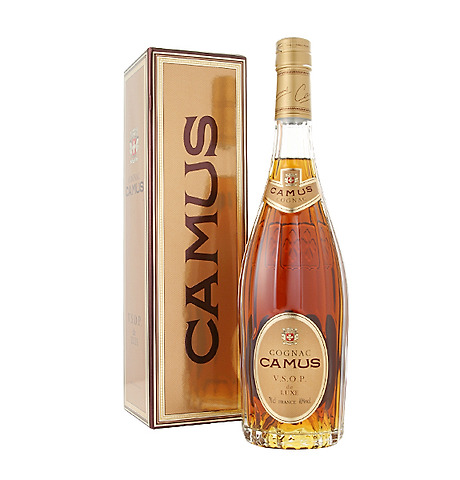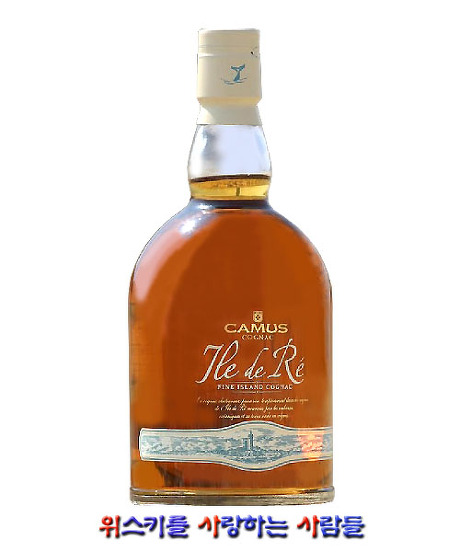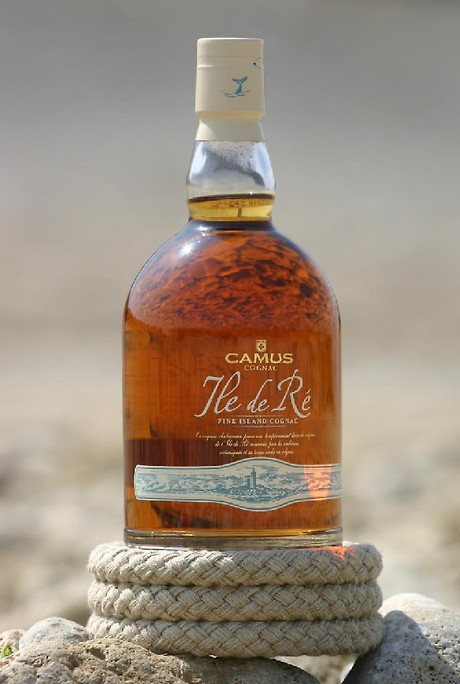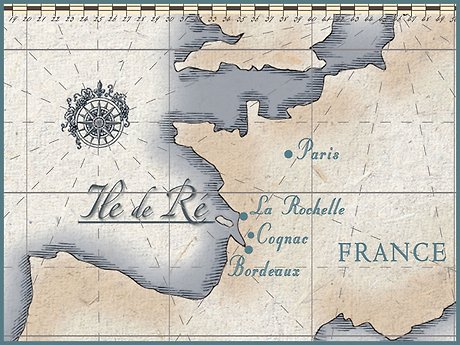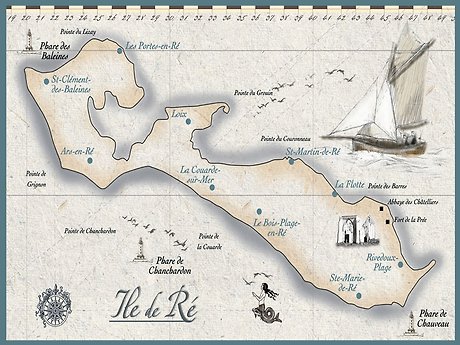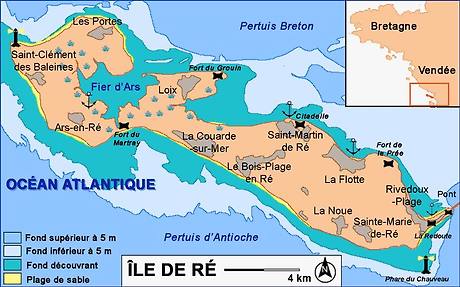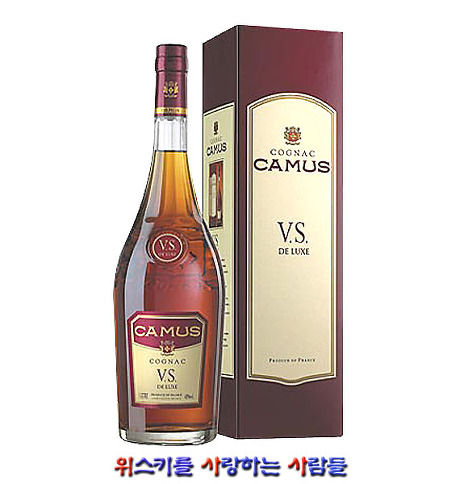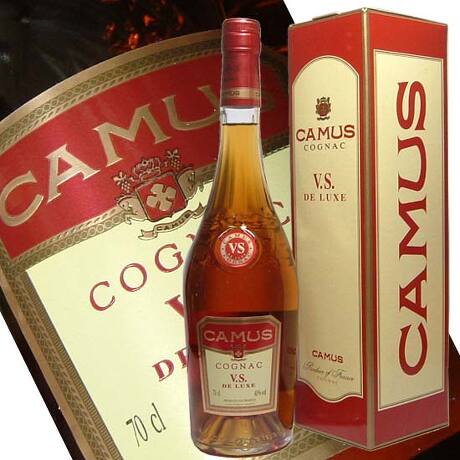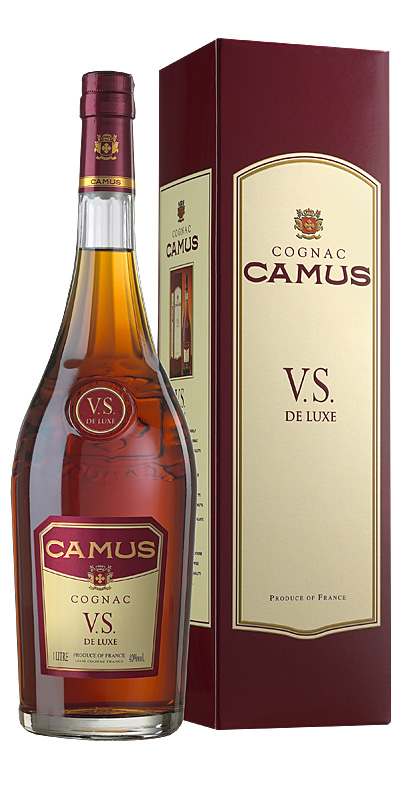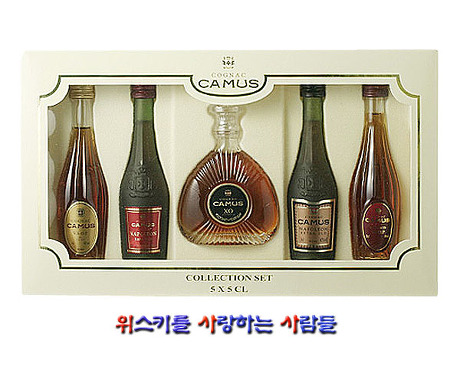Courvoisier L'Esprit de Courvoisier




Price : $ 6,050 (전문점 가격) (www.internetwines.com/spirits-brandy-cognac.html 참조)
Size : 700 ml
Alcohol : 40 %
최고의 크리스탈 디자이너인 Lalique가 만든 독창적인 크리스탈 디켄터에 Courvoisier 장기숙성
창고인 Paradis의 Reserve (비축용 꼬냑)로 블렌딩한 꼬냑을 담았습니다.
이 Reserve의 일부는 19세기 Napoleon III 세와 Edward VII 세에게 공급했던 꼬냑들이며, 가장
젊은(?) 꼬냑이 1930년 이전의 꼬냑 입니다.
풍부한 소나무향과 하바나 시가의 스모키향, 시나몬향, 건조 살구향 등을 느낄 수 있습니다.
시음 후 입안에서 아주 강하고, 오래 지속되는 미묘한 기쁨을 주는 맛을 느낄 수 있습니다.
Courvoisier Cognac (꾸르브와지에 꼬냑) 개요
5대 꼬냑 메이커 중의 하나로, 현재 꼬냑 판매량 4위 입니다.
꾸르브와지에 꼬냑은 "나폴레옹의 꼬냑"이라는 별명을 갖고 있습니다.
나폴레옹 1세와 그의 계승자인 나폴레옹 3세는 꾸르브와지에의 꼬냑 하우스에 특혜를 주었으며,
나폴레옹 등급이라는 이름을 부여하였습니다.
설립자인 펠릭스 꾸르브와지에의 부친인 임마뉴엘 꾸르브와지에는 파리의 포도주 상인이었으며,
꼬냑지방에서 브랜디를 만들고 숙성시켜 소비자와 나폴레옹에게 직접 공급하였습니다.
나폴레옹이 워털루 전투에서 패한 뒤, 샤랑떼 해변에 정박중이던 나폴레옹의 배를 이용하여
영국군에 의해 체포된 나폴레옹에게 꾸르브와지에 꼬냑을 공급하였습니다.
그 이후로, 꾸르브와지에 꼬냑은 "나폴레옹의 꼬냑"이라고 불리게 되었습니다.
그로 인해, 영국은 임마뉴엘 꾸르브와지에에게 꼬냑의 수입을 허용하게 되었습니다.
현재는 영국의 식품 그룹인 Allied Lyons 소유로 되었습니다.
오늘날에는 활동적인 노르웨인 가문의 Ivar Braastad가 경영을 맡고 있습니다.
자체 포도농장과 증류소는 없으며, Grande Champagne, Petite Champagne, Borderies, Fins Bois 등
4개 지역에서 재배한 Ugni Blanc 품종의 포도만을 사용하여 증류한 오드비를 구입하여 숙성시킵니다.
항상 약 45,000 통의 꼬냑을 숙성 시키고 있으며, 매년 약 3,000 통의 새로운 오드비를 구입합니다.
구입한 오드비는 Limousin 오크와 Troncais 오크로 자체 제작한 술통에서 숙성시킵니다.
특히, 장기 숙성 창고인 Paradis에는 약 3,000개 이상의 큰 유리병이 있으며, 그 중에는 200년 이상
숙성 시킨 꼬냑도 있습니다.
One of the Big Four.
Every Courvoisier distillate bears as its subtitle the protected designation "Le Cognac de
Napoleon."
The preference of Napoleon Bonaparte and his successor Napoleon III for the cognacs of
Courvoisier not only helped this cognac house to reach the top but also gave the name to a
whole age category Napoléon.
The founding father of the firm, Emmanuel Courvoisier, was a wine merchant from Paris whose
excellent connections in the capital enabled him to sell the brandies produced and aged for
him in Cognac directly to customers-and to Napoleon.
After Napoleon's defeat at Waterloo, the ship he used for his flight lay off the coast of the
Charentes, and the wine merchant richly supplied it with Courvoisier.
It wasn't until Napoleon had capitulated to the British that the latter referred to Courvoisier for the
first time as "Napoleon's cognac."
London promptly opened its doors to Emmanuel Courvoisier as well.
As it happens, Courvoisier now belongs to the British foodstuffs concern Allied Lyons.
In the course of the 20th century, Courvoisier was owned by an English family, confiscated by
the Germans during World War II and projected to best-selling status in France in the postwar
years by the Braastads, a dynamic Norwegian family.
Today, Ivar Braastad works with the brand and Alain Braastad is chairman of Delamain.
Courvoisier takes grapes from the four best growing zones, and the combination of these yield
full-bodied, well-flavored cognac.
As always, however, the present-day producers cling fast to the old traditions: no vineyards of
their own, no distillery of their own, but a virtually free choice from among the wines of 2,500
vintners, which are then distilled into young eaux-de-vie by four huge distilleries.
Naturally, the cellar master of the famous house oversees the cellaring and later the
assemblage himself.
Some 45,000 barrels are filled with aging brandies at all times, and 3,000 new ones are
purchased each year.
The man responsible for them searches out woods from the Limousin the Tronçais, and skilled
coopers construct the barrels to his precise specifications.
All told, as many as 150,000 hectoliters (3,960,000 U.S. gallons) of cognac are in storage at
Courvoisier at any given moment.
In its treasury, its "paradise," there are more than 3,000 ancient bottles, some of them 200 years
old.
The firm has two distilleries of its own and commissions 400 independent distillers to make
spirit to its specifications.
Since wood is so import!ant, Courvoisier even chooses the trees for its casks and the staves
are seasoned in the open air for three years before being made up into barrels.
At the top end of the range are the decanters designed by Russian art deco artist Erté
(a.k.a. Roman de Tirtoff).
The cognac museum in the Courvoisier chateau on the river bank in Cognac is excellent.
Courvoisier Brands:
- VS
An assemblage primarily from the quickly aging Fins Bois de Jarnac, with a component of petite Champagne; aged at least five years, a majority of the distillates for eight years.
A fresh, youthful cognac with grassy, green aroma accented by fruit and wood tones; rather light-bodied, with a fresh fruity taste.
- VSOP
Fine Champagne cognac, aged from eight to twelve years.
Typical Champagne character. Fruity aroma with floral notes (rose, iris), offset by a certain amount of wood; round and soft on the tongue, with developing spicy overtones.
- NAPOLEON
Fine Champagne brandy, the individual components of which have been aged for fifteen to twenty-five years - the "Original Napoleon.
A very expressive distillate: repeated waves of scent reveal ripe fruit (apricot, plum), then deeper aromas (cigars, wood, spaces) that continue to unfold, smoothly and full of body, on the palate; long, intense aftertaste.
- XO IMPERIAL
Assemblage of brandies from the Grande and Petite Champagnes and the Borderies, aged between twenty and thirty-five years. At the International Wine and Spirit Competition in 1986, it was awarded a gold medal as "the best XO cognac in the world."
A cognac rich in nuances, with intense flower and fruit aromas (violets, tea rose, peach, plum) and warm spices (cocoa, vanilla, cinnamon). Subtle taste with round warmth and a long, amiable aftertaste.
- INITIALE EXTRA
An unusual mixture of borderies and Grande Champagne brandies, aged for more than fifty years in the Courvoisier chais in Jarnac.
Very complex, rich brandy: a varied aroma of roasted almonds, light tobacco, and raisins, as well as mushrooms, cinnamon, and vanilla; pleasant rancio, which continues to develop enormous presence on the tongue, with a long, spicy aftertaste.
- ERTÉ No. 7U
A mature Grande Champagne assemblage based on the 1892 Vintage, bottled in a limited edition of 12,000 carafes, the seventh and last issue of the collection created by the Art Deco master Erté.
A very classic, mature cognac: earthy and rich in aroma, with hints of nuts, mushrooms, leaves, and sweet, almost overripe fruit; round and ripe on the tongue, but seemingly a trifle tired. Long aftertaste.





